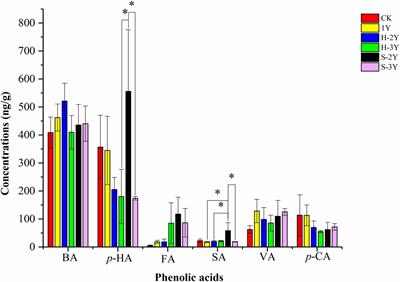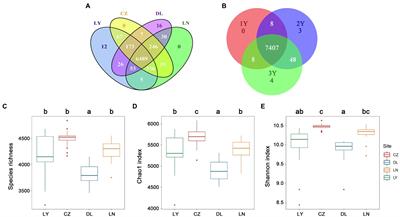EDITORIAL
Published on 02 Aug 2022
Editorial: Rhizosphere microbiology: Toward a clean and healthy soil environment
doi 10.3389/fmicb.2022.991356
- 1,765 views
- 2 citations
28k
Total downloads
115k
Total views and downloads
EDITORIAL
Published on 02 Aug 2022
ORIGINAL RESEARCH
Published on 29 Jun 2022

ORIGINAL RESEARCH
Published on 14 Mar 2022

ORIGINAL RESEARCH
Published on 07 Mar 2022

REVIEW
Published on 28 Feb 2022

ORIGINAL RESEARCH
Published on 28 Feb 2022

ORIGINAL RESEARCH
Published on 24 Feb 2022

ORIGINAL RESEARCH
Published on 23 Feb 2022

ORIGINAL RESEARCH
Published on 13 Jan 2022

ORIGINAL RESEARCH
Published on 10 Jan 2022

ORIGINAL RESEARCH
Published on 20 Dec 2021

ORIGINAL RESEARCH
Published on 14 Dec 2021
